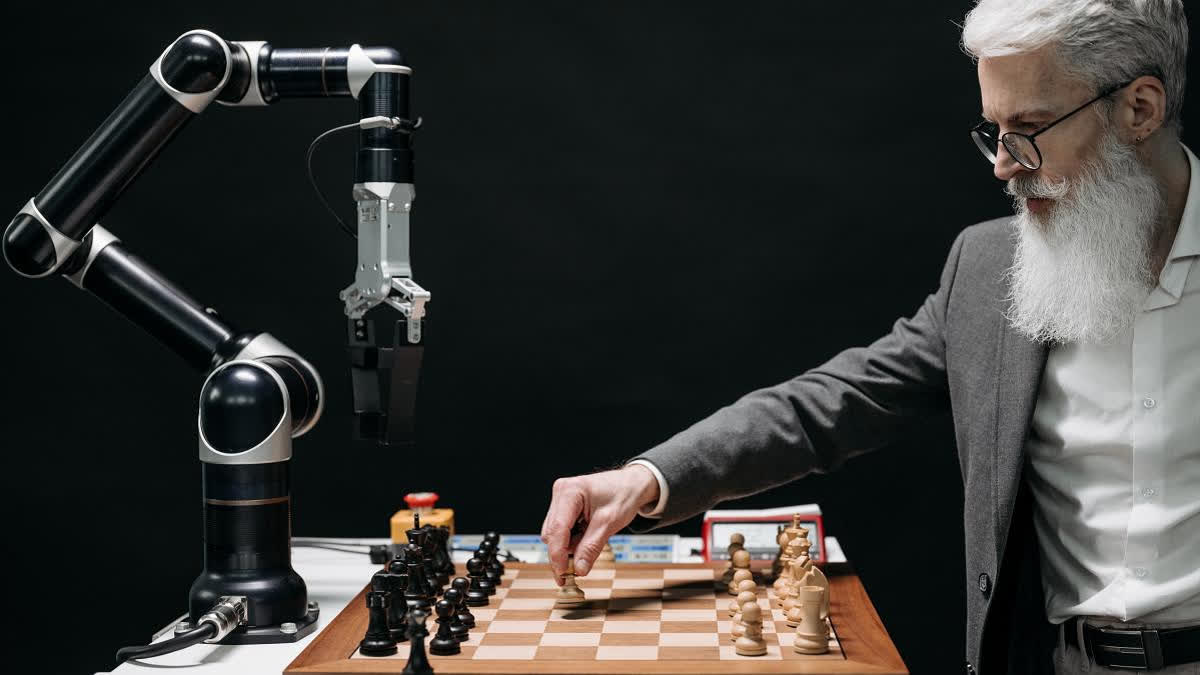London: Researchers have developed companion robots enhanced with artificial intelligence (AI) that may one day help alleviate the loneliness epidemic. Increased loneliness and social isolation may affect a third of the world population, and comes with serious health consequences, such as increased risk of mental illness, obesity, dementia, and early death.
A growing body of research on companion robots suggests they can reduce stress and loneliness and can help older people remain healthy and active in their homes. Newer robots embedded with advanced AI programmes may foster stronger social connections with humans than earlier generations of robots.
Generative AI like ChatGPT, which is based on large language models, allows robots to engage in more spontaneous conversations, and even mimic the voices of old friends and loved ones who have passed away. "AI presents exciting opportunities to give companion robots greater skills to build social connection," said Elizabeth Broadbent, Professor of Psychological Medicine at Waipapa Taumata Rau, University of Auckland in New Zealand. "But we need to be careful to build in rules to ensure they are moral and trustworthy," Broadbent added.
Also read:Google's AI chatbot 'Bard' now available in 9 Indian languages
